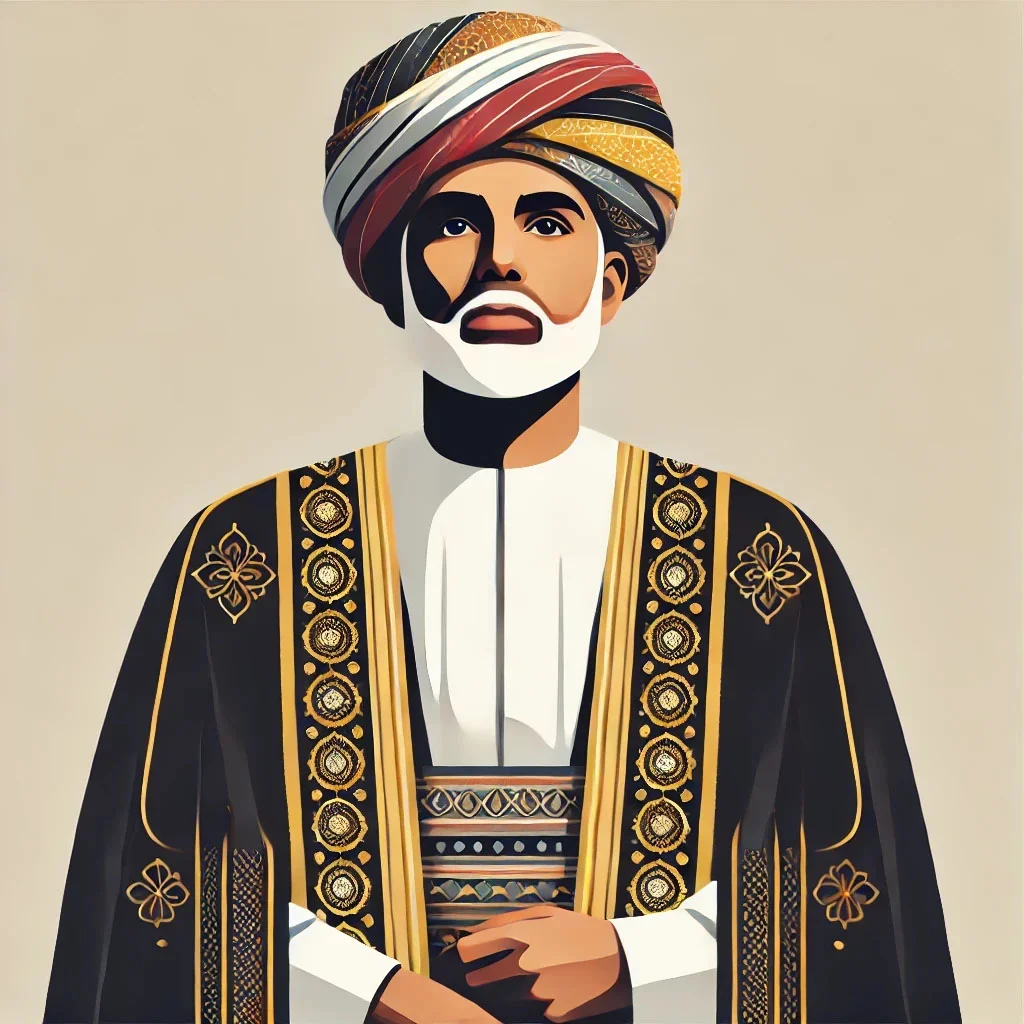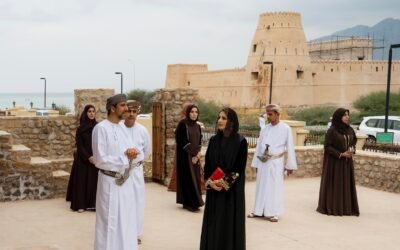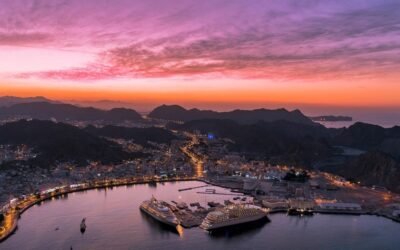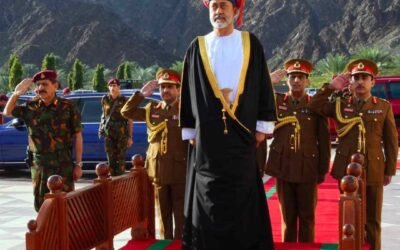
Ahmad bin Said al-Busaidi (1694 – 15 December 1783) was the founder of the Al Bu Said dynasty, which continues to rule the Sultanate of Oman today. His reign marked the end of political chaos and foreign occupation, ushering in an era of unity, maritime revival, and national independence. He is remembered as one of the most strategic and unifying leaders in Omani history.
Early Life and Rise to Power
Ahmad bin Said was born in Adam, in the interior of Oman, around 1694. Before rising to power, he served as Governor (Wali) of Sohar, a vital coastal city that was a major center for trade and diplomacy.
During his early career, Oman was experiencing political disunity after the fall of the Yaruba dynasty, and the country was partially occupied by Persian forces. Ahmad bin Said gained prominence for his leadership during the siege of Sohar, where he defended the city against Persian attacks.
In 1747, he cleverly outmaneuvered the Persians: after inviting their leaders to a peace banquet in Barka, he eliminated their remaining forces and successfully expelled them from Oman. This victory made him a national hero and solidified his reputation as a capable and strategic leader.
Becoming Imam of Oman
Following his military success, Ahmad bin Said was chosen as Imam of Oman in 1749, marking the formal beginning of his rule and the foundation of the Al Bu Said dynasty. His leadership style blended the religious legitimacy of the Imamate system with pragmatic state governance.
From his capital in Rustaq, he began rebuilding the nation’s political structure, emphasizing unity, security, and economic growth. His reign lasted until his death in 1783, making him one of Oman’s longest-ruling leaders during the 18th century.
Major Achievements
- National Unification – Ahmad bin Said reunited Oman after years of tribal conflict and foreign intervention, restoring internal peace and stability.
- End of Persian Occupation – He expelled Persian forces from Oman, ensuring the country’s independence and sovereignty.
- Maritime and Naval Revival – Ahmad rebuilt Oman’s naval fleet, re-establishing its influence as a major maritime power in the Indian Ocean and the East African coast.
- Economic Growth – He revitalized Omani trade routes linking Muscat, Zanzibar, India, and the Gulf, creating prosperity through commerce and shipping.
- Administrative Reforms – He established efficient governance by balancing tribal leadership with centralized administration, strengthening the state’s foundations.
Leadership and Vision
Ahmad bin Said combined military strength with diplomatic tact. He was known for his fairness, humility, and commitment to justice — traits that earned him widespread respect among tribes. His balanced policies encouraged economic development while maintaining Oman’s independence from colonial influence.
Under his leadership, Oman evolved from a divided state into a regional maritime empire, controlling trade routes and projecting influence across the Arabian Sea and East Africa.
Death and Legacy
Ahmad bin Said al-Busaidi passed away in Rustaq on 15 December 1783. His death marked the end of an era, but his legacy continued through his descendants, who preserved Oman’s unity and independence. The Al Bu Said dynasty he founded remains Oman’s ruling family to this day — currently led by Sultan Haitham bin Tariq Al Said.
Ahmad bin Said’s life represents the birth of modern Oman: independent, maritime, and strategically influential. His leadership transformed the nation from a fragmented territory into a unified and prosperous state.



